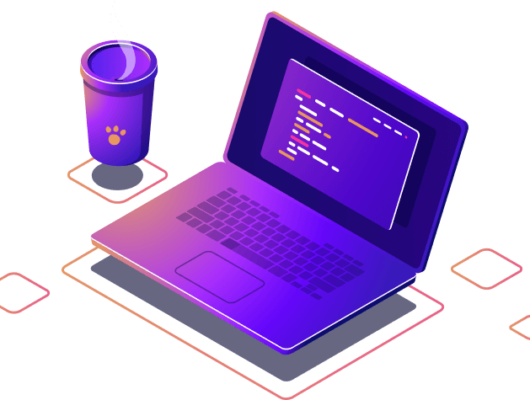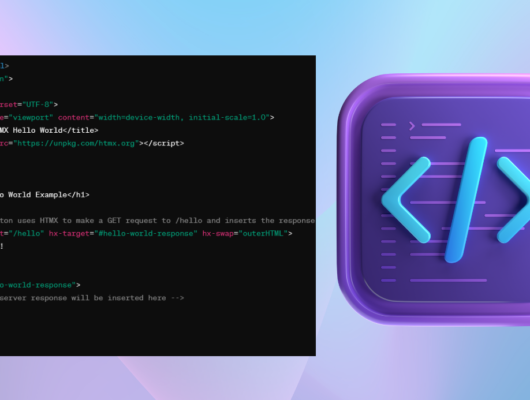Introduction:
When it comes to large-scale Enterprise Resource Planning (ERP) solutions, selecting the right technology stack is crucial. Oracle Flex, Laravel, and Python each possess distinct advantages compared to other rivals. This blog post examines the capabilities and constraints of these platforms to ascertain the most suitable option for implementing extensive ERP solutions.
Oracle Flex: The Corporate Giant
Oracle Flex, a component of the comprehensive Oracle suite, is specifically designed for high-level enterprise applications. The fact that it can be seamlessly integrated with Oracle’s database and applications makes it a highly advantageous option.
Advantages:
- Effortless incorporation with Oracle products.
- Optimal scalability and unwavering reliability for extensive operations.
- Robust security measures.
Constraints:
- Increased expenses related to licencing and upkeep.
- Greater level of difficulty in the learning process.
Unraveling the Giants of ERP: Oracle Flex, Laravel, Python. Which reigns supreme in the realm of large-scale solutions?
Laravel is a contemporary PHP framework.
Laravel is a contemporary PHP framework that is renowned for its refined syntax and powerful capabilities. It is often favoured by web developers for constructing advanced apps.
Advantages:
- Exceptional community assistance and vast collections of resources.
- Seamless usability facilitated by an instinctive Model-View-Controller (MVC) framework.
- Cost-effective due to its open-source nature.
Limitations:
- May encounter difficulties in managing exceedingly large-scale applications in comparison to specialised business solutions.
Python: The Multifaceted Dynamo
Python is a well recognised high-level programming language that is known for its simplicity and adaptability. Due to its vast libraries, it is a formidable candidate for creating intricate ERP solutions.
Advantages:
- Extensive selection of libraries and frameworks, such as Django, specifically designed for ERP development.
- Enhanced legibility and user-friendliness, enabling rapid development cycles.
- Proficient in managing data-intensive activities, which are essential for Enterprise Resource Planning (ERP) systems.
Constraints:
- The performance may be compromised when dealing with really big data sets.
- Integration with third-party solutions is necessary for specific enterprise functionalities.
Comparative analysis:
- Scalability: Oracle Flex is particularly notable for its exceptional scalability, however Python also demonstrates good handling of large-scale activities.
- Cost-effectiveness: Laravel and Python offer greater cost-effectiveness as a result of their open-source nature.
- Usability: Python and Laravel are characterised by their developer-friendly nature and a more gradual learning curve.
- Integration: Oracle Flex excels in its ability to seamlessly integrate with Oracle ecosystems, making it indispensable for enterprises that significantly depend on Oracle products.
Conclusion:
The selection of Oracle Flex, Laravel, or Python for implementing large ERP solutions primarily relies on the individual requirements and current infrastructure of a company. Oracle Flex is well-suited for large organisations that have a strong integration with Oracle’s ecosystem and need a highly scalable solution. Laravel provides a harmonious combination of features and user-friendliness, making it well-suited for applications of medium to large size. Python is highly suitable for data-intensive ERP applications due to its versatility and robust data processing skills. In the end, the most suitable choice relies on the particular demands, financial resources, and future objectives of your project.






